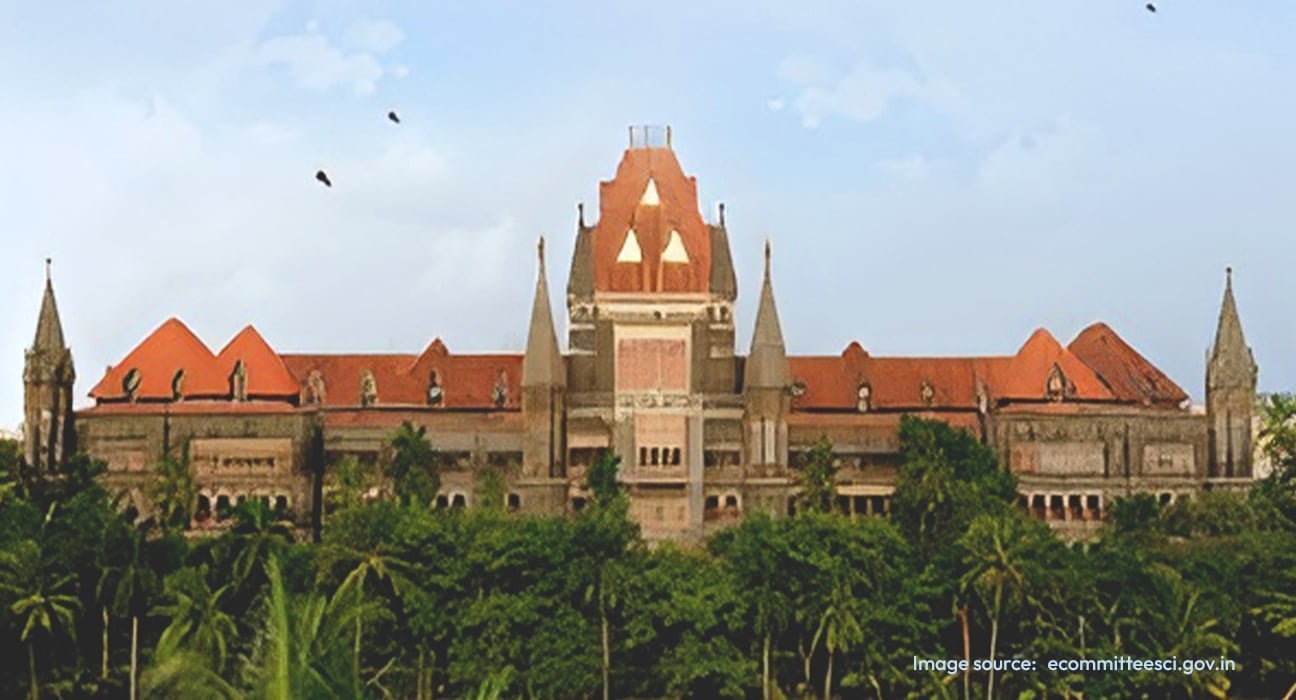In India, the number of patients with mental health illnesses is increasing day by day. For their healthy survival in society, the Indian government has created many human rights. Recently, the high court directed the state mental health authority to give an action plan for nearly 1,022 patients undergoing rehabilitation in the next 3 months who were found fit for discharge, especially those who have been staying in mental health establishments for more than 10 years. The Bombay High Court was informed that some people suffering from mental illness who are now better and do not require full-time monitoring were ready to reunite with their families, but they were not, as their relatives were resistant, and they were sent directly to the hospital without being in halfway houses. The court observed that it was due to the lack of coordination between state departments.
The high court said that patients were denied their right to live in the community for every person with mental illness under Section 19 of the Mental Health Act due to a lack of coordination between state departments. HC also directed the principal secretaries of public health and the persons with disabilities department to hold a meeting to address the issue and streamline the procedure.
What are halfway houses?
Halfway homes are transitory residential centers for people recovering from mental illness who no longer require full-time hospital service but are not yet ready to live completely independently in society. The purpose of this center is to act as a bridge or support system between rehabilitation center life and independent life. Halfway home staff and peers help and encourage the residents to develop life and social skills to better cope with society and recovery.
Community inclusion for mental health patients: people suffering from mental health conditions have a right to live and fully participate in the community of their choice. Hence, they can receive all sorts of facilities, which is a basic human right, take part in community service and activities, and live with dignity. Also, they should not face any sort of discrimination because of their mental illness in society.
Efforts taken by the Pune Mental Health Hospital for Patients: Last month, senior advocate Vishwajit Sawant for SMHA submitted an affidavit detailing the efforts of Pune Hospital, which, with the help of Thane Hospital, initiated a campaign called Drive for Escort for 42 patients who had ever rehabilitated in halfway homes. They were escorted by hospital staff with the assistance of local authorities. Under this campaign, six patients were going to be reunited with their families, out of which only three could reach their families by this method. Three patients had to go back to the hospital even though they were fit to be discharged.
High Court’s Findings and Call for Departmental Coordination
HC found the reason behind their going back was that even though the 2017 law provided, accommodating them in a halfway home, they could not avail of the benefit due to a lack of coordination between departments. HC took these 3 patients as test cases. In response to this, the state lawyer informed the bench that earlier, halfway homes were recognized and monitored by the social welfare department; after December 15, 2022, new persons with disabilities were established, and the commissioner for disabilities monitors the halfway homes. For seamless coordination, the department’s nodal officers were appointed to minimize the delay in sending patients to halfway houses. The High Court’s final statement of hearing said that unless departments coordinate, the benefit of Section 19 will not be achieved. Therefore, the bench ordered a joint meeting and posted a further hearing for February 2, 2024.
